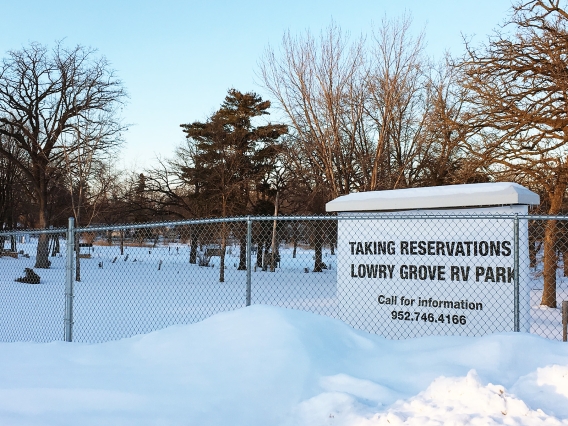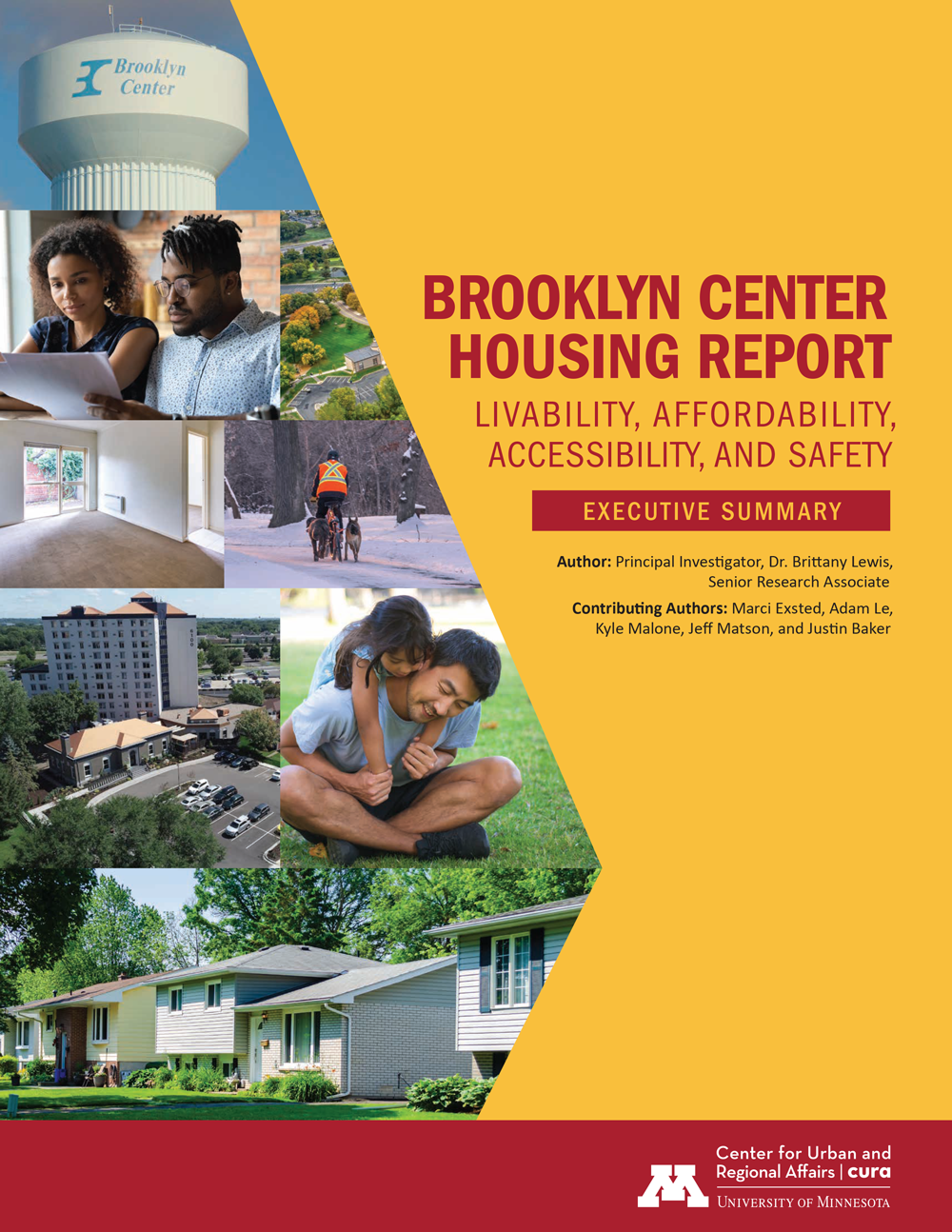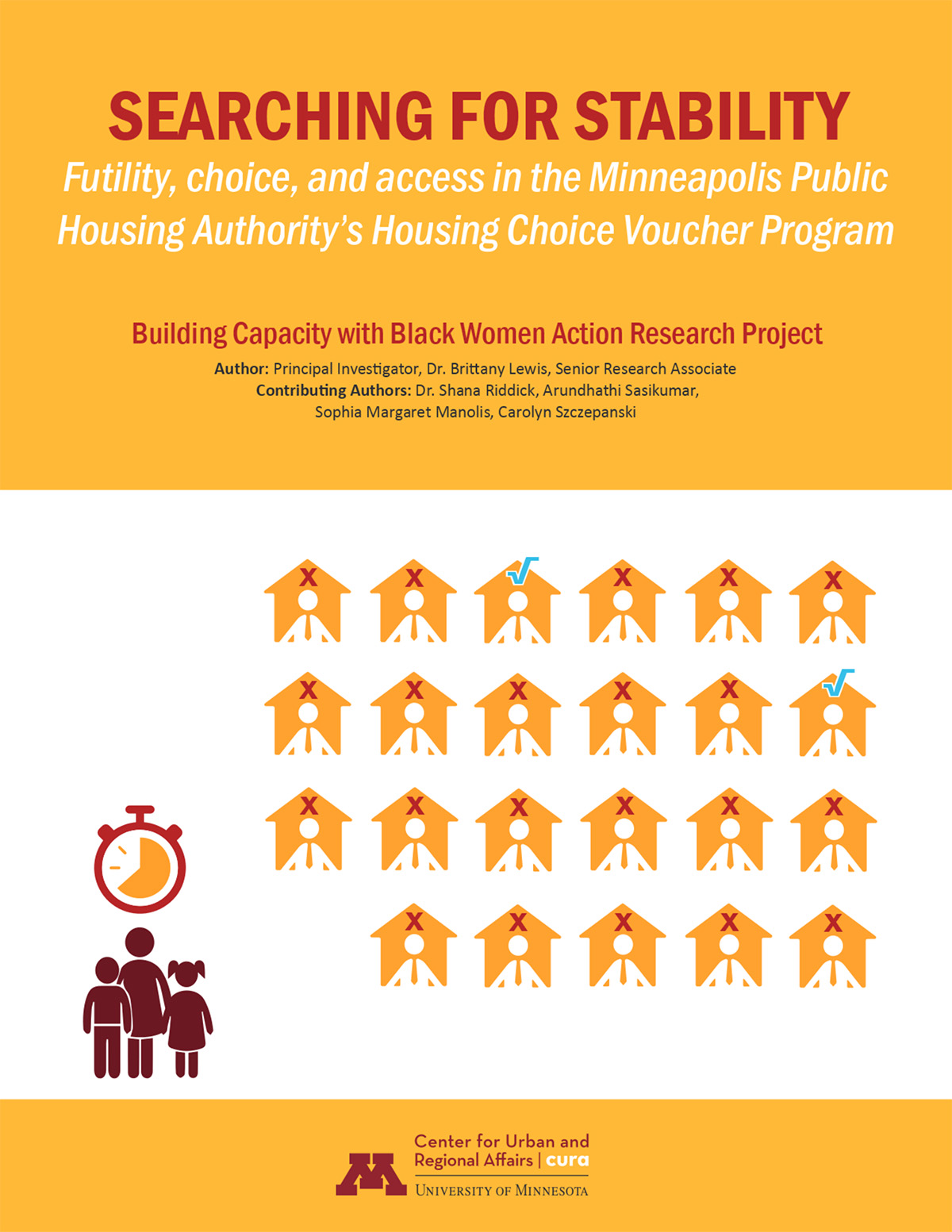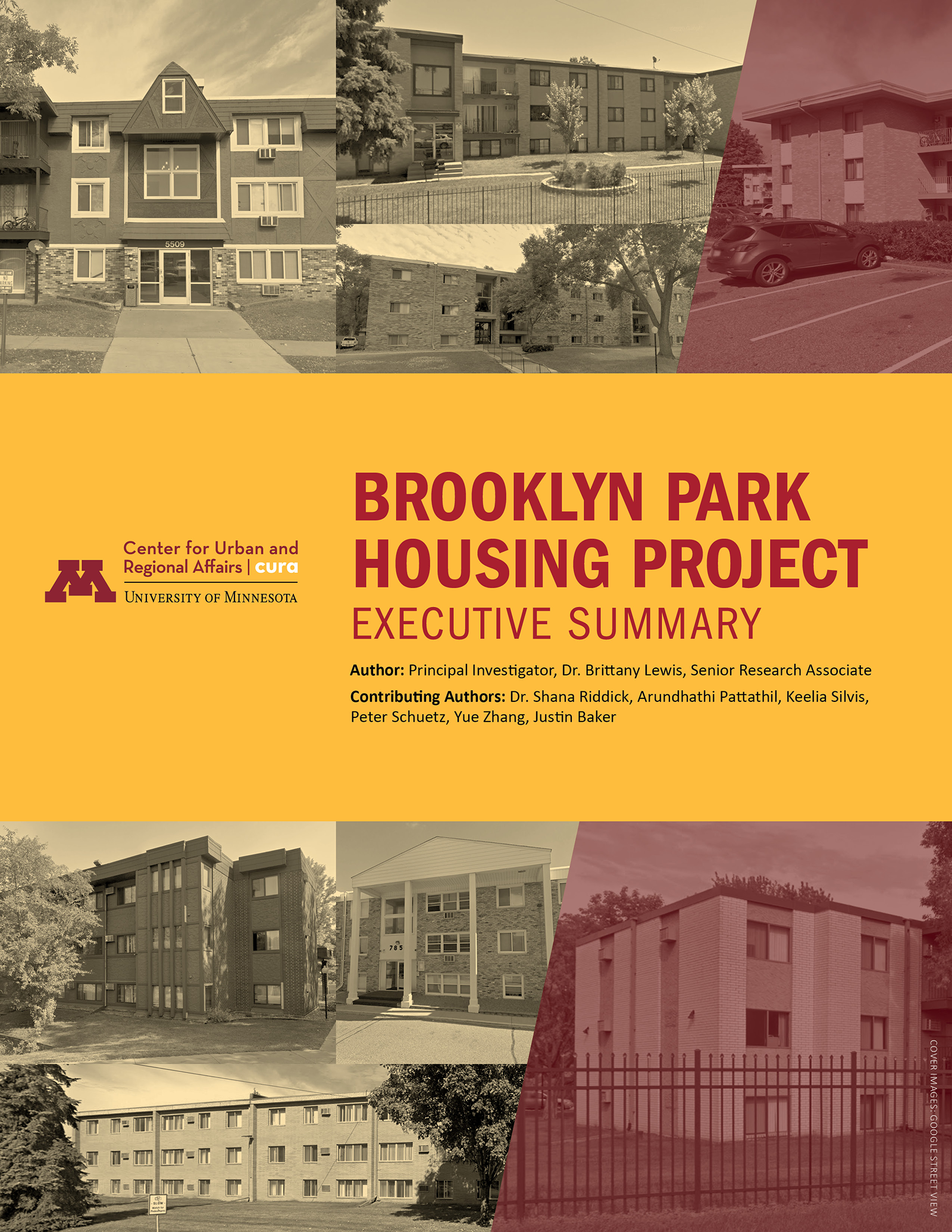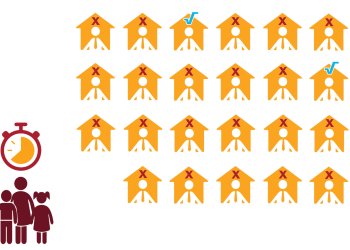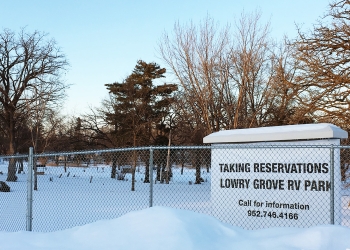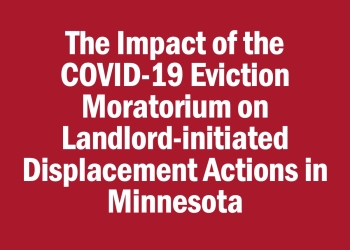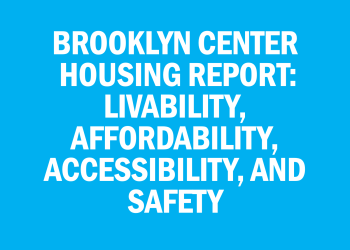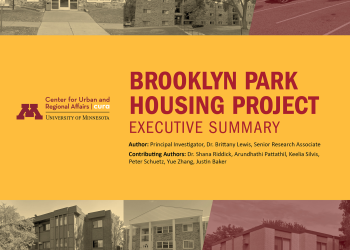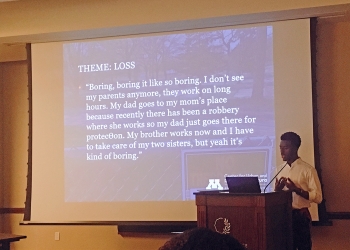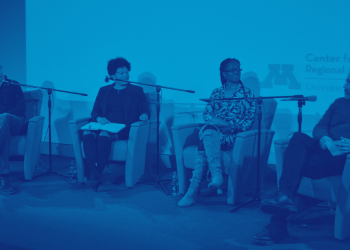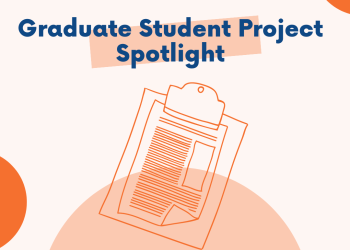Over the past several months, CURA has completed research projects lead by CURA Director Dr. Edward Goetz and Senior Research Associate Dr. Brittany Lewis. Each project is related to affordable housing. An excerpt from “Seeking Closure: The Lowry Grove Report” by Dr. Goetz starts the roundup, followed by three projects lead by Dr. Lewis, “The Brooklyn Center Housing Report,” “Searching for Stability,” and finally “The Brooklyn Park Housing Project.”
Seeking Closure: The Lowry Grove Report
Authors: Edward G. Goetz
Rashad A. Williams, Yi Wang, with Adriana Arce Martin and Ana Vergara
Spanish language adaptation translated by Ricardo Perez
Seeking Closure, Part One: The Sale of Lowry Grove
On April 26, 2016, the residents of the Lowry Grove manufactured home park in St. Anthony Village were informed by park owner Phil Johnson that he had sold the property, and as a result, the park was going to be closed and demolished to make way for new development. In the Lowry Grove manufactured home park, as in most such parks, most of the residents own their homes but not the land on which the homes sit. If the park is sold and converted to other uses, the homeowners must move their homes or see them demolished.
Johnson had owned the property for 20 years, and in his letter he wrote that “those have been very good years.” He did not specify, however, for whom those years had been good. Maintenance at the park, in fact, had been dismal for many years. Residents generally felt the park had been in decline for more than ten years, and their repeated complaints about the quality of the roads, water pipes, and public areas had been largely ignored by Johnson. The roads were buckled in places and contained large potholes that had on one occasion stranded a bus for handicapped persons. Water service was spotty, and pipes were so faulty they produced mini-floods that left low-lying areas swampy in the summer and icy in the winter. Finally, according to residents, Johnson’s management teams seemed to do little about the drugs and prostitution that most residents knew were occurring in the park.
In his letter to the residents, Johnson wrote that the decision to sell “was a very difficult [one] to make because I know it will lead to the closure of the Park in the near future.” The letter said that he had received “many inquiries from developers about the availability of Lowry Grove and turned them all aside.” Then he received an offer from Continental Property Group (CPG), based in Wayzata, MN, and decided that offer was different. This was because:
The president of the company is Traci Tomas, who actually worked for me here at Lowry Grove for over five years. Some of you may remember her as a very caring and compassionate person. She grew up in Columbia Heights and knows the area. She absolutely promises to do whatever is necessary to make sure all residents will be treated fairly. It’s now time to sell the Park and Continental Property Group, with Traci Tomas as President, is the right buyer.
Johnson concluded his letter by telling the residents: “I have a real place in my heart for all of you,” and he recognized that the news of the park closing would be difficult to hear. News that one’s community and possibly one’s actual home will be demolished is, indeed, difficult for most people to hear.
Brooklyn Center Housing Report: Livability, affordability, accessibility, and safety
Brooklyn Center, Minnesota is a growing community and one of the most diverse suburbs in the Twin Cities metro area. Like many growing metropolitan locales, they face the challenge of providing current and future residents with stable, accessible housing options, while actively addressing issues of growing gentrification and affordability concerns. To help address these emerging issues, the city reached out to the Center for Urban and Regional Affairs (CURA) to design a study that would aid their urban planning efforts and begin to head off current and future housing concerns.
Searching for Stability: Futility, choice, and access in the Minneapolis Public Housing Authority’s Housing Choice Voucher Program
In 2019, under the leadership of Dr. Brittany Lewis, the Center for Urban and Regional Affairs (CURA) worked to build and facilitate an inclusive participatory action research process that provided 10 low-income Black women in Minnesota, the time, space, and tools needed to resume conscious control over their own housing stability. The project aims to support Black women, who are disproportionately affected by the nationwide evictions crisis. Through strategic support, this research project allowed them to be co-collaborators in an action research project of their choosing. This brief report provides a detailed account of the action research project the cohort took on, emphasizing project findings and recommendations.
The Brooklyn Park Housing Project
The Brooklyn Park Housing Project aims to better understand housing instability and quality of life in a select number of Brooklyn Park apartment communities for the purpose of producing tangible policy and practice recommendations that produce equitable outcomes.
